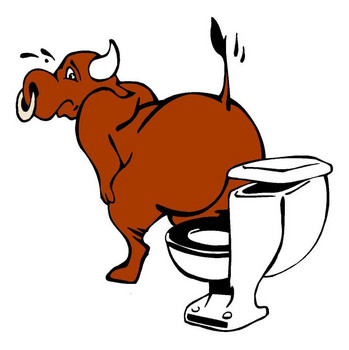Digital_Islandboy
Active Member
- Joined
- Apr 9, 2010
- Messages
- 400
- Reaction score
- 62
This isn't such a bad idea for transportation in general but when you compare it to how the government subsidizes roads (which, to be fair, do serve more people) then you see how the transit systems in this country get screwed over. This comes up every time there is a transportation bill in congress; cities want money for transit and rural areas balk until they get road money. I frequent many sustainable/bike blogs and there is always an urban/liberal outcry when this happens. You just gotta remember, people in the sticks HAVE to drive, biking out there isn't for commuting and the density isn't enough to justify fixed rail.
I recognize that name.
On a separate note I see your point.
I can point out that the MBTA has also been squeezed by some legal mandates as well. For example: much like how people across many cities are filling out census forms in order that the federal government may decide where to allocate funding in the future, the MBTA also needed to buy this fare system and put in place an automated system if it too wanted to be considered for future federal funding. The federal government works with places with high ridership so the MBTA needs to be able to provide figures.
The token system did its job, but the big problem was the authority has no idea how many tokens are out in the system (if that was to be used to monitor daily ridership.) Monthly pass sales gave *some* idea but not all stores return their monthly passes on time... Etc. all kinds of complications are involved in a tally by that method.
Further, tokens have been given out for decades. Some still make it back into the circulation but some are also lost etc.
So in order for the T to be considered for any federal funding in future it needs to be able to show daily ridership reports. Tokens can't provide that data unless the turnstiles were emptied multiple times per day. But the T is about accountability- so they wouldn't want multiple hands collecting money from the same turnstile unit.
With the newest system, the MBTA is able to show aggregated data in different time frames: daily, monthly, by time of day, (hourly, or morning vs. evening) etc. So that was a next set of funding that had to come out of the MBTA's budget just to meet federal mandates.
But there are other things which can cause sudden cost increases: anti-terrorism-security, fuel costs for the buses, wholesale electricity for all the trains, many of the commuter rail lines are owned by private companies so the MBTA must pay to use those private tracks, overtime pay whenever a line needs to be shutdown and bus drivers need to be called in. Plus you have other things that can throw the whole authority for a loop. The commuter rail (MBCR); water shuttles; and THE RIDE are all private operators that provide service in the name of the MBTA, but should one of those vehicles get into an accident very often the MBTA can end up in the lawsuit too.
Of late, Amtrak wont even bid to run the commuter rail anymore because they feel the requirements which would be placed on them by the MBTA would be too strict. So the MBTA is pressured (to a degree) not to go with the cheapest bid, but also not the most expansive operator either. There is a lot behind the scenes that is complicated. There is a lot of stress that some of the higher-ups go through because they must show results to prove themselves. Not that I'd be offered one of those positions, but I wouldn't want any of their positions myself.

